China’s ruling Communist Party announced on Aug. 10 that it’s imposing sanctions on 11 Americans, including some lawmakers, in response to sanctions imposed by the United States last week.
Zhao Lijian, a Chinese foreign ministry spokesman, said at a press conference that the Chinese Communist Party (CCP) “resolutely opposes” and “vehemently condemns” the Trump administration’s actions.
“In response to the erroneous actions of the United States, the Chinese government decided to sanction, effective from today, those who behaved badly on issues regarding Hong Kong,” Zhao said.
White House press secretary Kayleigh McEnany told reporters in a briefing later on Aug. 10 that the administration was aware of the sanctions.
“Instead of taking meaningful actions such as immediately repealing the national security law and stopping the systematic repression of Uyghurs, the Chinese Communist Party opted to respond with a symbolic action and an ineffectual action,” McEnany said.
“A growing number of nations are demanding real action from Beijing. The ball is in the Chinese Communist Party’s court.”
China is sanctioning Rep. Chris Smith (R-N.J.), as well as Sens. Marco Rubio (R-Fla.), Ted Cruz (R-Texas), Josh Hawley (R-Mo.), and Pat Toomey (R-Penn.).
All have been vocal about human rights issues in China, including the CCP’s brutal treatment of roughly 1 million Uyghurs in concentration camps. Uyghurs are a Turkic ethnic minority group who live in Xinjiang, a region the CCP took over in 1949.
The regime is also targeting Carl Gershman, president of the National Endowment for Democracy; Derek Mitchell, president of National Democratic Institute; Ken Roth, executive director of Human Rights Watch; Daniel Twining, president of International Republican Institute; and Michael Abramowitz, president of Freedom House.
The 11 officials have helped implement a national security law passed in July that has led to greater authoritarian control over Hong Kong.
“The United States stands with the people of Hong Kong and we will use our tools and authorities to target those undermining their autonomy,” Treasury Secretary Steven Mnuchin said in a statement regarding the sanctions.
Trump in July ended Hong Kong’s special status with the United States because top officials deemed the city no longer sufficiently autonomous from mainland China. On the same day, he signed into law a bill that would sanction officials and banks involved in crushing the city’s freedoms.
The Trump administration has in recent months escalated actions against the Chinese regime. The CCP has previously retaliated in response.
“Last month China banned me Today they sanctioned me I don’t want to be paranoid but I am starting to think they don’t like me,” Rubio, acting chairman of the Senate Intelligence Committee, wrote on Twitter on Aug. 10.
Roth, the Human Rights Watch official, said the CCP’s sanctions were “little more than an effort to distract attention from its wholesale assault on the rights of the people of Hong Kong.”
“Arresting publishers, barring pro-democracy candidates, indefinitely postponing elections—those are the hallmarks of the Chinese Communist Party. Sanctioning me is a mere footnote,” he said in a social media statement.
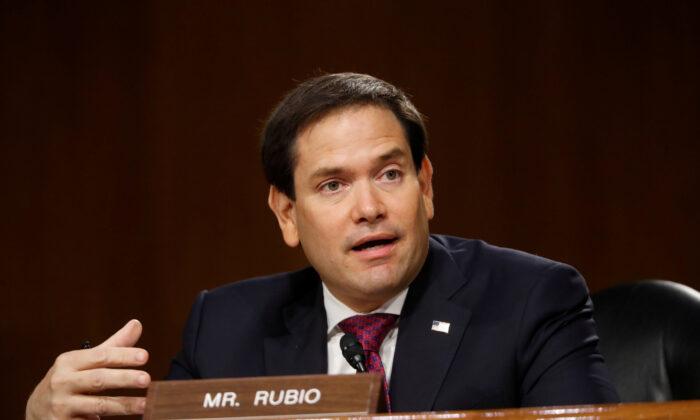

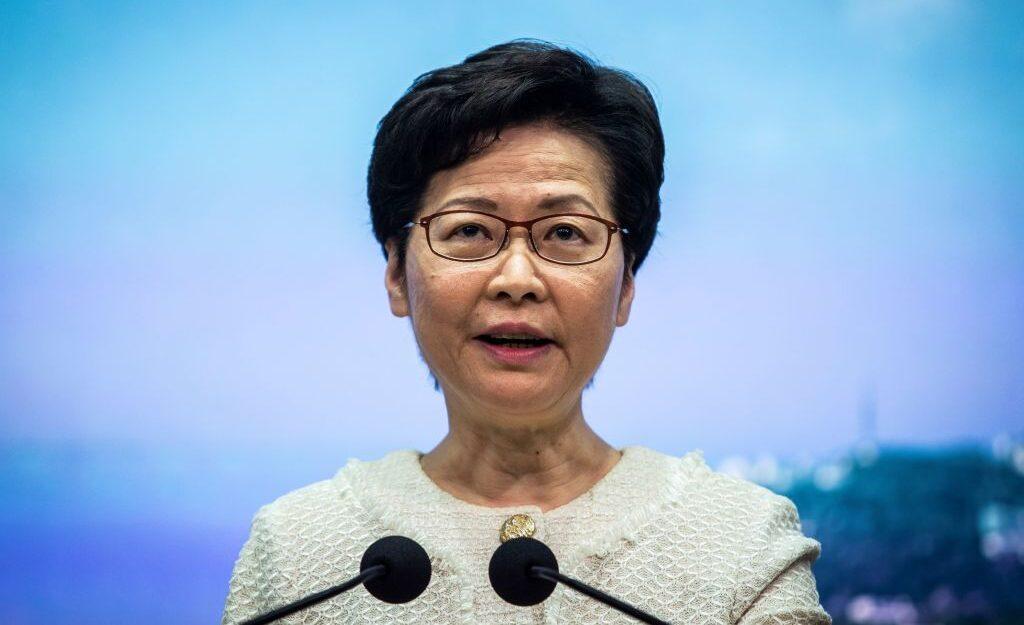
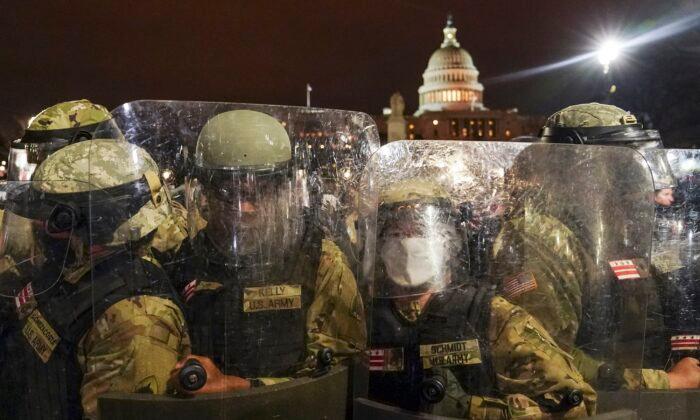
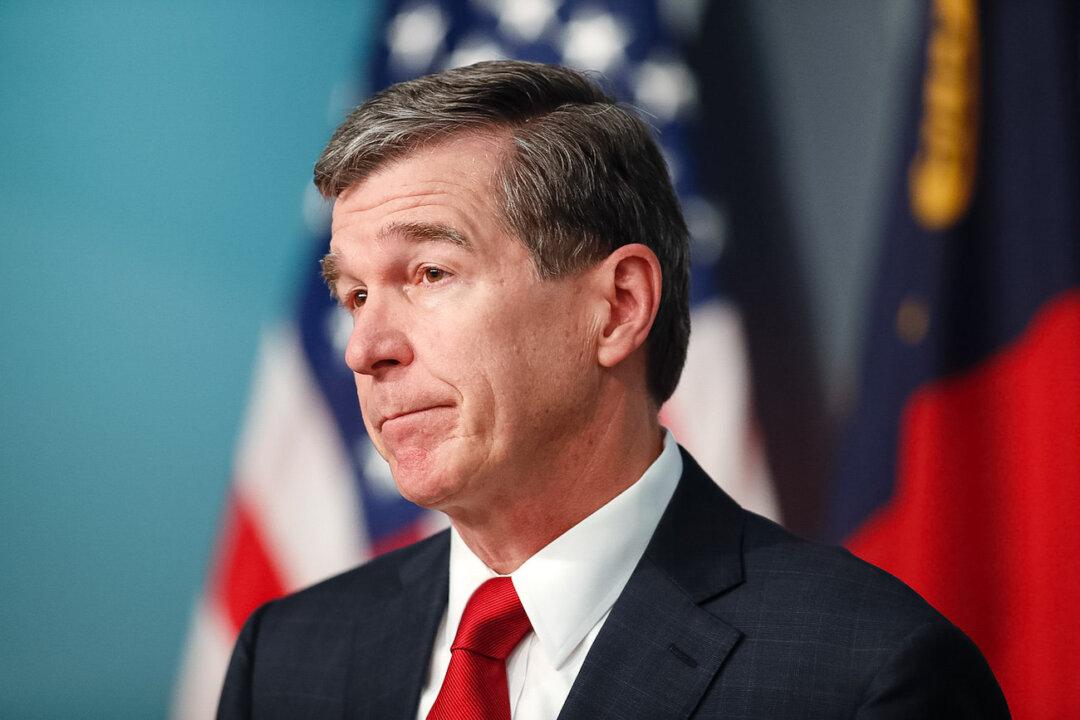
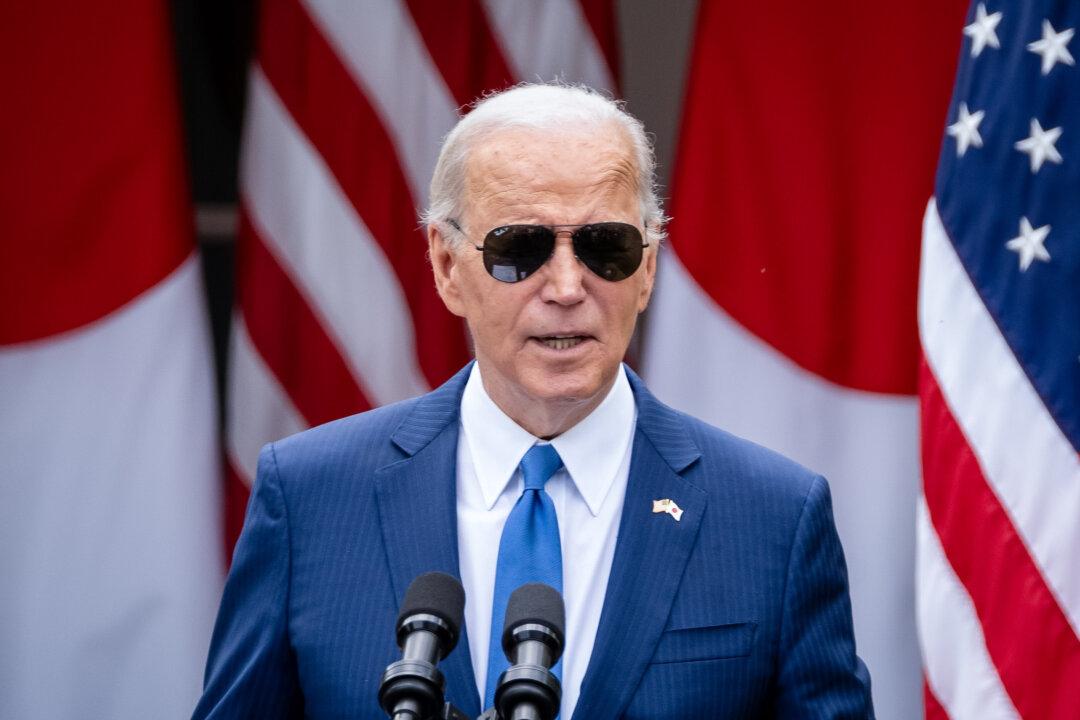
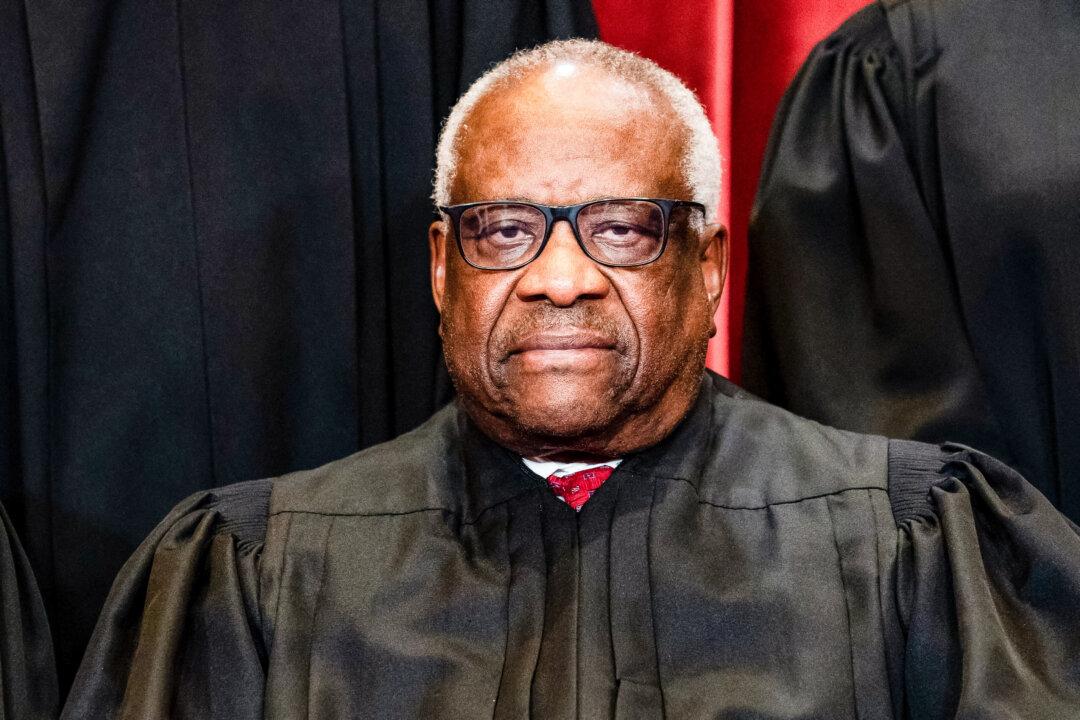
Friends Read Free